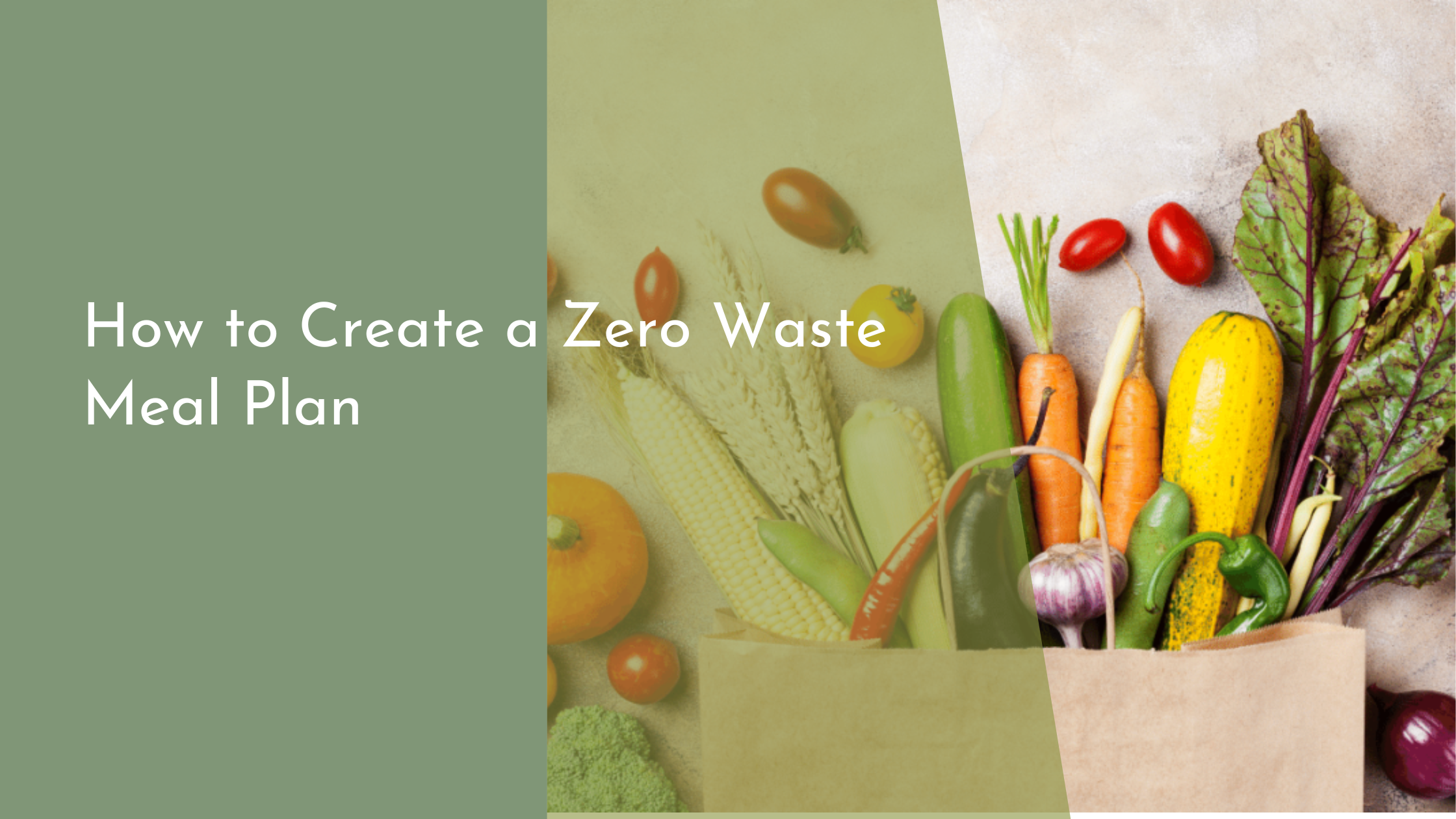How to Create a Zero Waste Meal Plan
In a world increasingly aware of environmental issues, creating a zero waste meal plan is not only a trendy pursuit but also a meaningful way to contribute to a healthier planet. By reducing food waste and minimizing packaging, you can not only save money but also make a positive impact on the environment. This guide will walk you through the essentials of zero waste cooking, helping you plan, shop, and enjoy meals that are both delicious and eco-friendly.
Understanding the Basics of Zero Waste Cooking
Zero waste cooking starts with a mindset focused on sustainability and resourcefulness. The core idea is to make the most of the ingredients you have, minimizing waste by using every edible part of food. This includes everything from using broccoli stems in soups to repurposing leftover vegetable scraps for stock. It’s about being creative and intentional in the kitchen, ensuring nothing goes to waste if it can be used in another dish.
Understanding the basics also means becoming familiar with proper storage techniques to extend the life of your ingredients. For instance, keeping herbs fresh in water or storing vegetables in breathable containers can significantly reduce spoilage. Familiarizing yourself with preservation methods such as pickling, fermenting, and freezing can help you make use of surplus food in inventive ways, thereby minimizing waste and maximizing flavor.
Planning Your Meals with Minimal Waste in Mind
Meal planning is a crucial step in reducing kitchen waste and involves strategizing your menu based on the ingredients you already have. Start by taking stock of your pantry and fridge, planning meals around perishable items that need to be used first. This not only prevents food spoilage but also saves you money by reducing the need to purchase additional ingredients.
When planning your menu, aim to create dishes that share common ingredients. This way, you can buy in bulk and use all parts of each ingredient. For example, if you’re buying a whole chicken, plan for grilled chicken one night and chicken soup the next, using the bones to make a rich, flavorful broth. By thoughtfully planning meals, you ensure that every ingredient has a purpose, reducing waste and enhancing sustainability.
Shopping Smart: Choosing Sustainable Ingredients
Shopping smart is an integral part of a zero waste meal plan. Start by bringing your own bags and containers to the store to minimize packaging waste. Focus on buying loose produce, bulk grains, and nuts whenever possible. This not only cuts down on single-use plastics but often allows for better control over quantities, so you only buy what you need.
Another aspect of shopping smart is choosing ingredients that are local and in season. Local produce doesn’t have to travel far, reducing carbon emissions, and seasonal foods tend to be fresher and more nutrient-dense. Additionally, consider purchasing imperfect produce, which is often discarded due to cosmetic flaws but is perfectly good to eat. Supporting sustainable farming practices and reducing food loss at the point of sale aligns perfectly with zero waste principles.
Enjoying Your Meals and Reflecting on Waste Reduction
Enjoying your meals is about savoring the fruits of your zero waste efforts. Take the time to appreciate the flavors and the environmental impact of your conscious choices. Share your meals and experiences with friends and family to inspire others to adopt a zero waste mindset. By enjoying the meals you’ve created, you reinforce the positive habits you’ve developed and feel more connected to the earth-friendly lifestyle you’ve embraced.
Reflecting on your waste reduction journey is just as important as planning and executing your meals. Take note of what worked well and what could be improved. Did a certain ingredient go unused? Consider how you could incorporate it into a future meal. Regularly assessing your practices allows you to learn and adapt, ensuring that you’re constantly improving your zero waste cooking techniques. Celebrate your successes, no matter how small, as every effort counts towards a more sustainable future.
Embarking on a zero waste meal planning journey is both a rewarding and impactful endeavor. By understanding the principles of zero waste cooking, planning thoughtfully, shopping smartly, and enjoying the process, you contribute to a healthier planet while nourishing yourself and your loved ones. Remember, every small step towards reducing waste is a victory for the environment. Embrace this sustainable lifestyle and inspire others to follow suit, turning zero waste cooking from a personal effort into a community movement.



